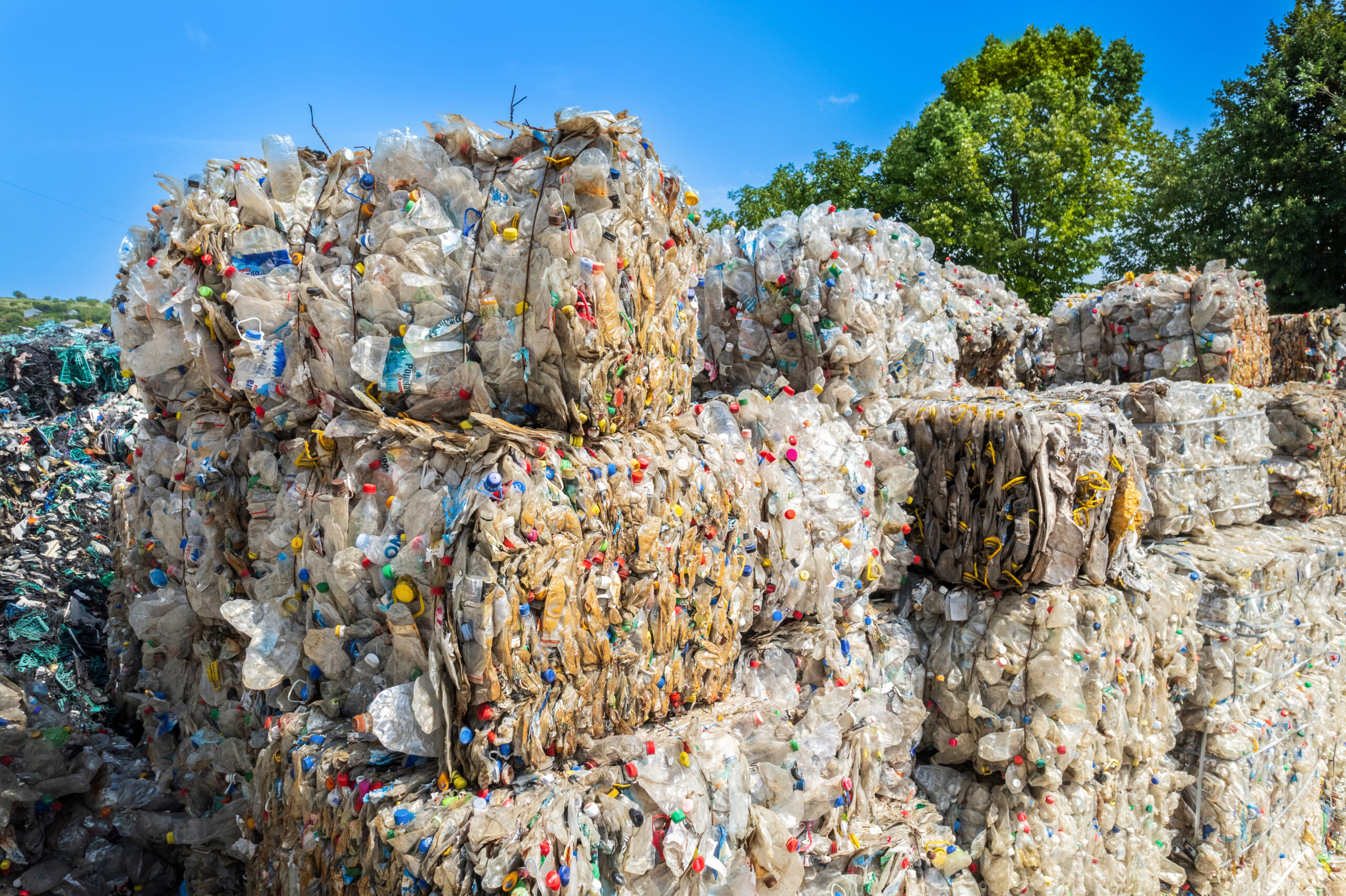Haven 45
1131 EP Volendam

On Wednesday, April 24, the European Parliament adopted new measures to make packaging more sustainable and reduce packaging waste in the EU. The law, aimed at addressing the continuously growing waste pile, harmonizing internal market regulations, and promoting the circular economy, was approved with 476 votes in favor, 129 against, and 24 abstentions.
The rules, which have been provisionally agreed upon, include targets for reducing packaging (5% by 2030, 10% by 2035, and 15% by 2040) and require EU countries to notably reduce the amount of plastic packaging waste. To reduce unnecessary packaging, a maximum empty space ratio of 50% is established for grouped, transport, and e-commerce packaging. Manufacturers and importers must also ensure that the weight and volume of packaging are minimized.
Certain types of single-use plastic packaging will be banned from January 1, 2030. These include packaging for raw fresh vegetables and fruits, packaging for foods and beverages consumed in cafes and restaurants, individual portions (e.g., spices, sauces, cream, sugar), miniature packaging for toiletries, and very lightweight plastic carrier bags (below 15 microns). To prevent adverse health effects, it includes a ban on the use of so-called “forever chemicals” (per- and polyfluoroalkyl substances or PFAS) above certain values in food packaging.
Specific reuse targets for 2030 are envisaged for packaging of alcoholic and non-alcoholic beverages (except for items such as milk, wine, flavored wine, spirits), transport and sales packaging, as well as grouped packaging. Member states may grant a derogation of five years from these requirements under certain conditions. Final distributors of beverages and take-away meals must offer consumers the option of bringing their own cups and containers. They will also be obliged to strive to offer 10% of products in reusable packaging by 2030.
Under the new rules, all packaging (except for lightweight wood, cork, textile, rubber, ceramic, porcelain, and wax) must meet strict criteria to be recyclable. Measures also include minimum targets for the recycled content of plastic packaging and minimum recycling targets by weight of packaging waste. By 2029, 90% of single-use plastic and metal beverage containers (up to three liters) must be collected separately (via deposit-return systems or other solutions that ensure the collection target is met).
The Council must also formally approve the agreement before it can enter into force. However, given the number of supporters, this is only a matter of time. With the adoption of this legislation, the Parliament responds to citizens’ expectations to build a circular economy, avoid waste, phase out non-sustainable packaging, and address the use of single-use plastic packaging.
Curious how you can reduce unnecessary use of plastic within your organization and improve your waste collection, sorting, and recycling capacity? Then contact us and discover how we, together with our partners, strive for a circular future!
Haven 45
1131 EP Volendam